Trust in science and society is under pressure. The coronavirus was a catalyst in that development. First the OMT was a beacon in an uncertain and foggy period of time. Its members were target of criticism, including on social media. Some people suddenly considered science to be just an opinion, while this same science brought life-saving vaccines onto the market in record time.
Debate in science
But there is also debate in science itself: in addition to innovation, did the virus also bring opportunism, was the speed of publication compatible with thorough replication, was the sudden availability of research funding and the shift in resources a blessing or a curse? And, more generally, is the path to success and career paved with H-index and citation score, or do the actual circumstances require a different assessment strategy?
International survey
On July 4, we submitted these and similar questions to a select group of scientists and representatives from business. The afternoon meeting at the Royal Holland Society of Sciences and Humanities (KHMW) was moderated by KHMW's Chair, Louise Gunning-Schepers and included several interesting views, presented by Laura Hassink (Elsevier), and KHMW members Carlijn Bouten, with a short preview of KNAW’s report on the impact of the pandemic on scholars, academic research practices and trust in academia (published July 5, 2022), Eppo Bruins from AWTI and Natali Helberger, who elaborated on the vulnerable position of early-career scholars due to the pandemic. At the same occasion Jeremy Kingsley (The Economist Impact) presented the results of a large survey among scientists, conducted by The Economist Impact and facilitated by the Elsevier Foundation. Elsevier coordinates similar activities in other countries, supervised by a Global Advisory Board, which includes Wim van Saarloos.s.
Insights
The conclusions from the breakout sessions were quite diverse, but the attendees agreed that researchers should be free to share their findings without being worried about public attacks. Nuance is of great importance, but scientists also need to be trained in getting their message across to the general public. We need to teach children about science to make sure they become responsible citizens when they grow up. And we need a more diverse pool of scientists sharing their views in the media. This is a nice task for both the academic world as well as the media. These and many other valuable insights were shared this afternoon and they will help Elsevier and the Economist in further shaping their important global research. We look forward to more results to be published in October.
Download the KNAW report 'The pandemic academic - How COVID-19 has impacted the research community'
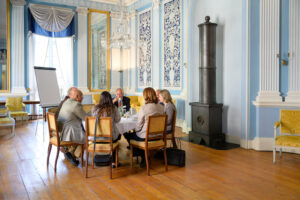
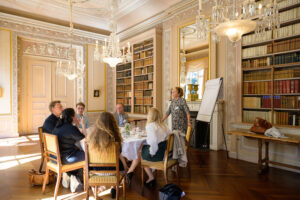
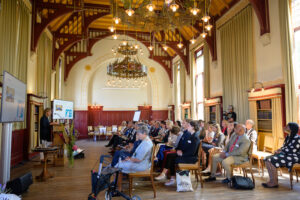
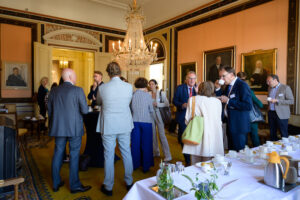
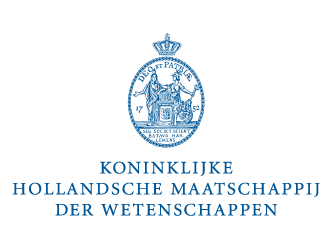
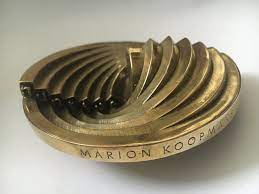 Drie wetenschapsmusea – NEMO Science Museum, Rijksmuseum Boerhaave en Teylers Museum – hebben een prijs in het leven geroepen die excellente wetenschapscommunicatie bekroont: de Irispenning. Doelstelling is het stimuleren van originele en effectieve vormen van wetenschapscommunicatie. De prijs van € 10.000,- wordt jaarlijks uitgereikt op de Avond van Wetenschap & Maatschappij. Het prijzengeld wordt beschikbaar gesteld door de KHMW. De prijs werd in 2019 toegekend aan Robbert Dijkgraaf, in 2020 aan Lowlands Science, in 2021 aan Marion Koopmans, in 2022 aan Universiteit van Nederland en in 2023 aan Ionica Smeets.
Drie wetenschapsmusea – NEMO Science Museum, Rijksmuseum Boerhaave en Teylers Museum – hebben een prijs in het leven geroepen die excellente wetenschapscommunicatie bekroont: de Irispenning. Doelstelling is het stimuleren van originele en effectieve vormen van wetenschapscommunicatie. De prijs van € 10.000,- wordt jaarlijks uitgereikt op de Avond van Wetenschap & Maatschappij. Het prijzengeld wordt beschikbaar gesteld door de KHMW. De prijs werd in 2019 toegekend aan Robbert Dijkgraaf, in 2020 aan Lowlands Science, in 2021 aan Marion Koopmans, in 2022 aan Universiteit van Nederland en in 2023 aan Ionica Smeets. 